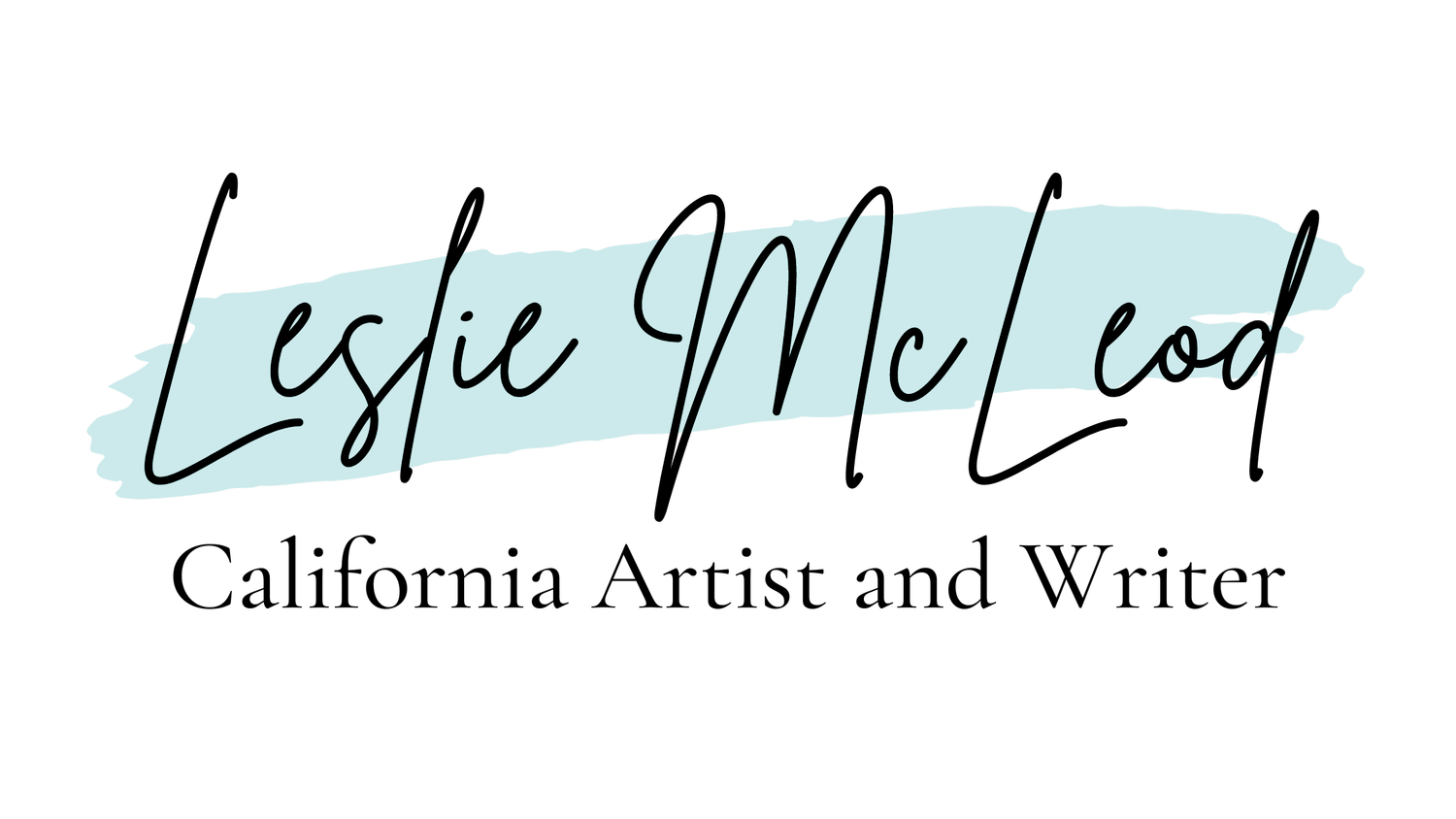A Dog in the Nest
I’m one of those “live in the moment” people. Not in the carefree, child-like way that psychologists love. It’s more that my memory of the past is fuzzy and I have no concept of the future. So I live suspended in the eternal present, where everything stays the same and always will.
Except it doesn’t.
So when both my kids moved out the same autumn (“What do you mean, you’re leaving?”), I was wholly unprepared. Though I’d been a working mom for years, raising our daughter and son had been my focus, my raison d’etre. Without them, I eddied adrift, without identity or purpose.
So my husband and I adopted a puppy.
Well, not exactly a puppy. Buster (I’m not making that up) was about a year and a half old, full of personality—a mix if there ever was one, including a smattering of Beagle, Dachshund, American Bull Dog, and maybe seasoned with a little Basset Hound. With floppy ears, muscular chest, long torso, and short legs, he looked like a canine version of a lowered-chassis, East L.A. cruiser. I even discovered accidentally that his native tongue was Spanish after I tried “sit” in that language when nothing in English seemed to work. Our little dog morphed easily from the barrio to the ‘burbs, quickly training us to give him a treat whenever he did something right and making friends everywhere with his ubiquitous tennis ball, ready for a game of fetch. Buster helped ease the ache of my empty arms and empty nest.
I’m afraid he did it too well.
Somewhere along the way, Buster tucked himself into the place in my heart that once held a little blond boy. The floor in my den, where endless miles of wooden railroad track once carried Thomas the Tank Engine to his next adventure, is now strewn with chew toys and bones of a childhood long vanished. When Buster is naughty, the first name that bursts from my lips is my son’s, and I look around to make sure no one has heard.
With a primal urge to nurture and no one to spend it on, I find myself hoisting the 35-pound canine and carrying him around like a baby, his stiff legs sticking out like acupuncture needles, cuddling him until he wriggles free and lopes away.
I know those same psychologists would call what I’m doing classic transference, and they would be right. My grief-stricken brain did the same thing when my mother passed away. Overwhelmed with the immensity of loss, I cried far more over the sale of her house, which had become her surrogate.
Now, Buster’s muzzle has turned white, and he spends more time reading the “pee-mail” than chasing his ball when we go to the park, more time sleeping than prancing impatiently when it’s time for a walk. And I worry. What will I do when my nest becomes empty again?
I don’t know.
But as I peer reluctantly around that corner, I’m choosing to believe that the silence will reveal its answers for the chapter to come; and in that moment, I’ll hear the call of love again.
If you’ve experienced an empty nest, how did you handle it? How has your relationship with a pet changed your life? Share your comments below.

